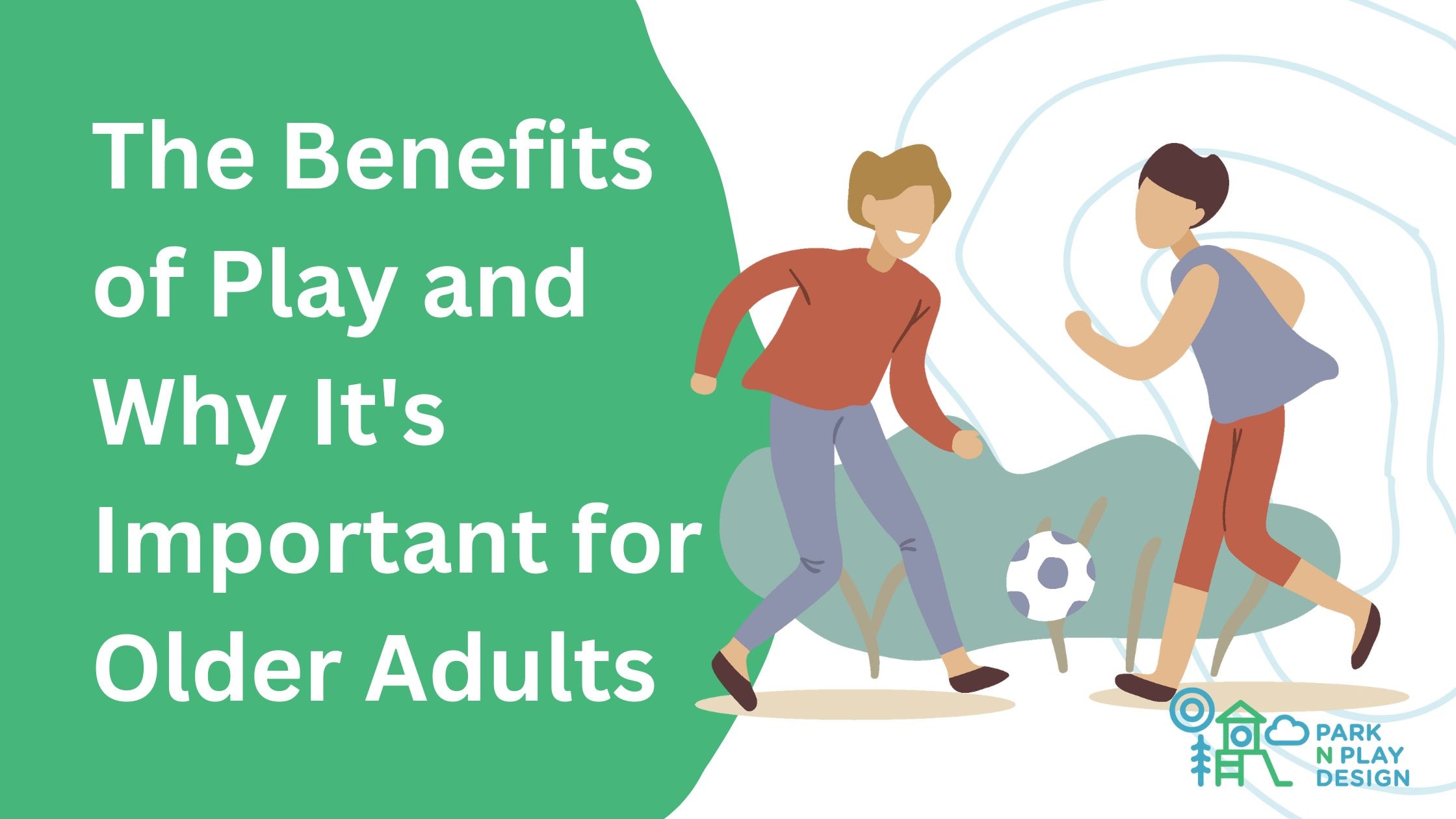Benefits of Sports for Kids
Learn the importance of inspecting outdoor play equipment for kids' safety. Understand how regular checks ensure secure sports environments for children


Regular inspection of outdoor play equipment is crucial for ensuring the safety and well-being of children engaged in physical activities. Timely assessments help in identifying potential hazards, ensuring compliance with safety standards, and maintaining the overall integrity of the equipment.
It is paramount for institutions like schools and community centers, as well as parents and guardians, to be vigilant and proactive in conducting these inspections to guarantee a secure environment for playing sports.
Physical Development Benefits

1. Strengthening Cardiovascular Health
When participating in team sports, kids experience a robust physical activity that enhances their cardiovascular health, ensuring that their hearts and lungs are working efficiently. Engaging in sports like soccer or basketball provides continuous action, which helps build stamina and promotes a healthy heart, significantly reducing the risk of cardiovascular issues later in life.
2. Developing Muscle Strength and Endurance
Youth sports programs provide a structured setting for young individuals to work on their physical strength, an essential component of physical development. As student-athletes, they engage in various exercises and drills that enhance muscle strength and resilience, paving the way for improved physical activity performance and reduced risk of injuries.
3. Maintaining a Healthy Weight and Promoting Growth
Regular participation in sports aids in burning calories and building muscle, contributing significantly to maintaining a healthy weight and promoting overall physical growth. This aspect of physical development is crucial in today’s context, where childhood obesity is a growing concern, making physical activity through sports a vital habit to inculcate.
4. Enhancing Coordination and Motor Skills
Sports require a combination of complex movements, which helps in improving kids’ coordination and motor skills. Whether it is catching a ball, running on the field, or jumping, these activities demand a high level of control and precision, leading to better coordination and contributing to their overall physical benefits.
Social Development Benefits

1. Cultivating Teamwork and Social Skills
When kids actively play sports, they develop essential social skills and learn the importance of teamwork. This experience is invaluable for young people, teaching them how to collaborate effectively and build positive relationships with others.
2. Building Self-Confidence and Positive Social Interactions
Being involved in sports helps boost self-confidence, as kids see their skills improve and receive encouragement from coaches and peers. This increase in self-assurance is vital for young people, as it positively affects their social interactions and relationships.
3. Making New Friends and Enjoying Social Benefits
Sports provide a unique opportunity for kids to meet and make new friends, expand their social circle, and enjoy the social benefits of being part of a team. This sense of belonging and community is crucial for their social development.
4. Learning Leadership Skills and Embracing Healthy Competition
Sports participation often puts kids in leadership roles, allowing them to develop strong leadership skills. Additionally, they learn to embrace healthy competition, understanding that it’s a part of life and can be a positive force for improvement and excellence.
This balance is a valuable life skill, enhancing their youth sports participation and preparing them for future challenges.
Emotional Development Benefits
1. Enhancing Self-Esteem through Sports Participation
When kids are actively playing sports, they experience a significant boost in their self-esteem. Achieving goals and improving skills on the field or court shows them what they’re capable of, highlighting the emotional benefits of being involved in sports.
2. Fostering Better Mental Health with Physical Activity
Being part of a sports team contributes to better mental health in children. The physical exertion and team camaraderie help to release endorphins, creating a sense of well-being and promoting good health overall.
3. Building Emotional Resilience in Competitive Settings
Playing sports teaches kids how to handle wins and losses, fostering emotional resilience. They learn that setbacks are temporary and that persistence is vital, one of the most important benefits of sports participation.
4. Developing Emotional Control and Positive Coping Strategies
Engaging in sports helps children develop emotional control as they navigate the highs and lows of gameplay. They discover how to manage their feelings in a positive way, learning essential coping strategies for life’s challenges.
Intellectual Development Benefits
1. Enhancing Concentration and Focus
Physical activity in sports demands attention and sharpness, helping kids improve their concentration levels. This benefit extends to other areas of life, contributing to better academic performance and healthy habits.
2. Boosting Cognitive Functioning with Regular Exercise
Engaging in sports and regular exercise stimulates brain function, enhancing memory and problem-solving skills. Kids become sharper and more alert, aiding their intellectual development.
3. Encouraging Lifelong Learning through Sports
Being involved in sports teaches children the importance of practice and learning. They understand that to get better, they need to learn and adapt, instilling life skills such as a love for learning.
Mental Health Benefits
1. Boosting Overall Well-being and Mental Health
Participation in sports plays a vital role in enhancing the mental health of kids. Physically active children are more likely to experience a sense of well-being, showcasing the psychological benefits of sports.
2. Reducing Anxiety and Promoting Better Mental Health
Engaging in regular physical activities through sports helps in reducing anxiety and stress levels. This contributes to better mental health, showing how crucial sports are for physical health and mental health.
3. Enhancing Concentration and Cognitive Function
Sports require focus, helping children enhance their concentration and cognitive functions. This improvement is a testament to the psychological benefits of being involved in sports, contributing to their overall mental health.
4. Building Resilience and Emotional Strength
Resilience and emotional strength are crucial for mental health, and participation in sports helps in developing these traits. Kids learn to handle wins and losses, contributing to their psychological benefits and emotional development.
Sports Safety Issues Tips For Kids
Enjoying sports comes with its risks, but you can stay in the game with these five key safety steps:
- Gear Up: Always wear the required protective gear.
- Warm Up and Cool Down: Prepare your body before playing and ease it out afterward.
- Know the Rules: Understanding the game reduces the risk of injuries.
- Stay Vigilant: Keep an eye on your surroundings and fellow players.
- Rest When Injured: Don’t push through pain; give your body time to heal.
Final Thoughts
Ensuring the safety of outdoor play equipment is pivotal in supporting the physical, social, emotional, and intellectual development of children. It fosters a love for sports, encourages healthy lifestyles, and contributes to their overall well-being.
As we strive to create a secure and supportive environment for youth sports participation, the role of regular inspections cannot be overstated. Let’s work together to guarantee the lasting impact of sports on child development and ensure that every child can play, learn, and grow in a safe setting.
Contact Park N Play Design about Solutions for Schools. We offer a full line of sports equipment for schools, universities, and communities across Canada.
Whether you need to outfit your gym outdoor track area or create a field for football, basketball, soccer, golf, rugby, hockey, field hockey, or lacrosse, we’ve got your back. Please take a look at our catalog below or contact us to learn more about how we can help in providing safe and reliable sports solutions.











